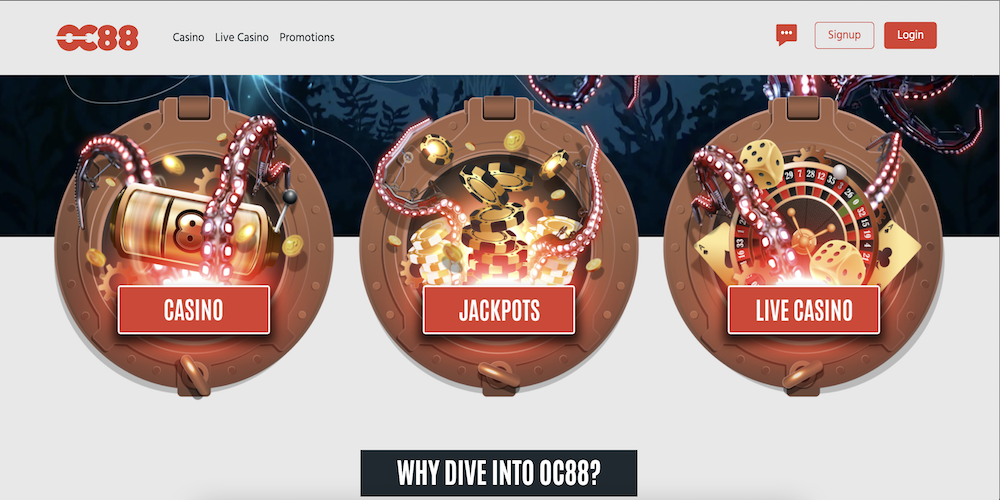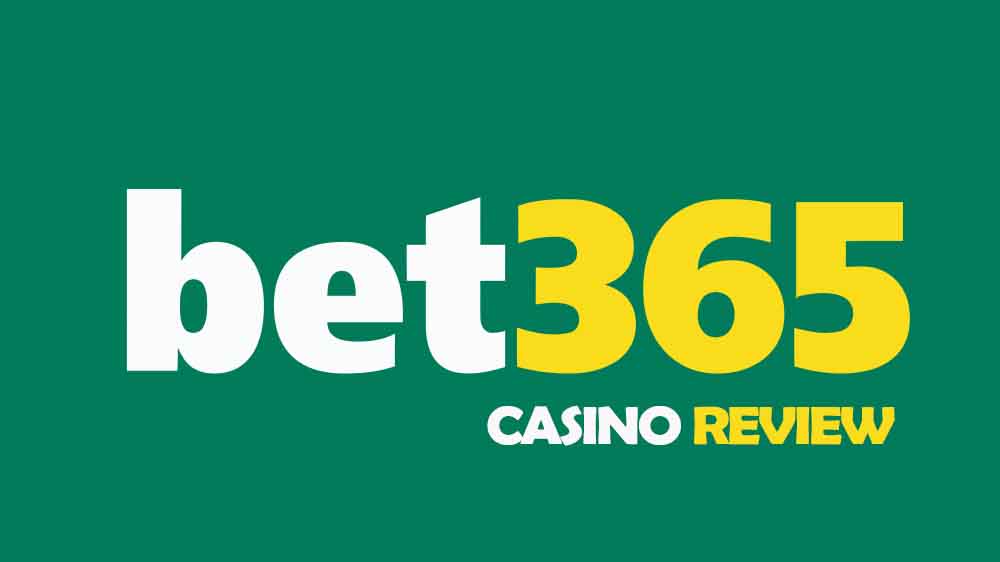Process And Fees To Obtain A Malta Gambling License

Malta Gambling Licence for Online Casinos
Most gamblers will be aware of the UK Gambling Commission. Its job is to look after the interest of gamblers to ensure they are treated fairly by the iGaming industry. However, there’s another equally reputable licensing authority. Ever since the enactment of the Gaming Act in 2018, the regulatory and licensing authority of the Malta Gaming Authority (MGA) has been significantly strengthened, leading to the establishment of an improved global gambling environment. Today at Jackpotfinder.com, we will delve into the process of obtaining a Malta gambling license and the regulatory framework applicable to the best online casinos with jackpots, emphasizing the significance of possessing a Malta gambling license.
Different Categories of Malta Gambling Licenses
The MGA issues two primary categories of Malta gambling licenses. The B2C license goes to gambling operators, encompassing both online and land-based casinos that directly provide their services to players or customers. On the other hand, the B2B license is designed for the best jackpot game providers who offer their software to other businesses, particularly online casinos. Furthermore, these licenses are further classified into four distinct classes, which are determined by the range of remote gaming services being offered.
Malta Gambling Licence Type Examples of Included Games
A. Class 1 Licence Casino Games, eSports, Lotteries, Poker
B. Class 2 Licence Sports Wagers with Fixed Odds, Live Betting
C. Class 3 Licence Betting Exchange, Pool Betting, p2p Games
D. Class 4 Licence Controlled Skill Games, Daily Fantasy
Certainly, certain types of games are exempt from the requirement of obtaining a license. This includes games of skill that do not involve the distribution of prizes or involve any form of betting, such as charitable bingo or games played purely for recreational purposes.
Validity and Verification of Malta Gambling Licenses

The introduction of the Gaming Act in 2018 brought about several changes, one of which was the extension of the validity period for Malta gambling licenses from 5 years to 10 years. This applies to all four types of Malta gambling licenses, which you can later renew for the same duration. Additionally, operators like the best casino site to play, Bet365 Casino, are subject to a compliance audit within the first year of operation, and any subsequent alterations to the casino’s terms or game offerings require prior approval from the MGA.
Application Process for a Malta Casino License
The Malta gambling license holds significant global recognition and is highly regarded within the gambling industry. It provides operators with a prestigious platform to operate in any jurisdiction where online gambling is legally permitted. Below are the key steps to obtaining a Malta gambling license.
Preparation and Submission of Required Documentation to the MGA
The initial step in obtaining a Malta gambling license involves the meticulous preparation and submission of all necessary documentation to the Malta Gaming Authority (MGA).
Thorough Application Review, Including Financial Analyses and Company Security Checks
Once your application is submitted, it undergoes a comprehensive review process by the MGA. This includes in-depth scrutiny of financial analyses and thorough company security checks.
Review of Business Plan: Including Company Sustainability and Business Processes. The MGA carefully looks at the business plan provided, assessing factors such as the sustainability of the company and the efficiency of its business processes.
Complete Testing of the Gaming System Conducted Independently: An essential part of the licensing process involves the independent testing of the gaming system, including both table and jackpot slots games. This ensures that the system operates fairly and securely for players.
Final Checks and Audits for Successful Applicants: Successful applicants who have successfully met all the requirements and passed the necessary evaluations undergo final checks and audits before the Malta gambling license is granted.
Issuance of a 10-Year Malta Gambling License

Upon successfully completing the entire application process and meeting all the criteria, the MGA issues a Malta gambling license that is valid for a period of 10 years.
Submission of Documentation and Payment of Taxes and Application Fees
Throughout the process, applicants must submit various documents the MGA asks for. Additionally, payment of all applicable taxes and application fees is necessary.
Timeframes for the Licensing and Regulation Process in Malta
Obtaining a gambling license in Malta is going to be a time-consuming and intricate process. The duration may vary depending on the specific circumstances of each business. However, you’ll find that it typically takes several months, or even up to a year, to complete. Here are approximate timeframes for some of the main processes you have to deal with, which can provide a general estimation.
- Registering a Company in Malta: About 2 Weeks
- Opening a Business Bank Account: About 2 Weeks
- Preparing the Business Plan: About 4-6 Weeks
- Gaming & Control System Audit: Up to 2 Months
- Compliance Audit: Up to 3 Months
One helpful suggestion is to engage the services of a reputable third-party company that specializes in providing professional consultants to assist you with the entire application process for obtaining a Malta gambling license. This can significantly expedite the procedure, potentially shortening it to approximately six weeks. However, it is important to note that this timeframe is only a rough estimate for the application stage. In fact, the overall process may take up to a year or even longer.
Requirements for Obtaining a Gambling License from Malta
Obtaining a gambling license from Malta involves fulfilling numerous requirements imposed by online casino rules. These requirements encompass a wide range of documents, forms, fees, and certificates that must be submitted within a specified timeframe. Here’s a list of the necessary requirements for getting your hands on a Malta gambling license:
- ID/Contact Information: Copy of identification, contact address, phone number, etc.
- Company Documentation: Office registration documents, incorporation documents, annual financial reports, tax returns, audit copies, etc. Startups may have fewer document requirements.
- Property Requirements: All software and hardware elements necessary for the gaming business operation must be located within Malta.
- Casino Plan: Layout of gaming premises, support center details, and documents demonstrating operational readiness and compliance with standards.
- Business Plan: Short-term and long-term business plans, documentation on business activities, financial projections, and evidence of operational sustainability.
- Gambling Policies: Documentation on offered jackpot games, testing certificates, general casino rules, promotional conditions, responsible gaming practices, technical procedures, etc.
- Share Capital: Minimum issued and paid-up share capital of €100,000 for Class 1 or Class 2 game licenses; and a minimum of €40,000 for Class 3 or Class 4 game licenses.
- System Audit Report: Report from an independent test-run audit of the gaming system, conducted by an MGA-approved company. Required only for successful applicants.
These examples represent common requirements encountered during the licensing and regulation process. You should expect other requirements such as personal details of shareholders with more than 5% interest, qualification and experience evaluations, face-to-face interviews, and other specific demands.
Annual License Fees & Costs

The process of getting a Malta gambling license involves various application fees and other costs associated with Malta gambling rules. It is important to note that getting a Malta casino license is not inexpensive. The costs include administrative fees, non-refundable fees, annual license fees, regular audit taxes, and more. Here are a few examples:
- License Application Fee: €1,000
- Fixed Annual License Fee: €25,000 (for Types 1, 2, and 3), €10,000 (for Type 4)
- New License Application Fee: €5,000
- License Renewal Fee: €5,000
- Malta Tax on Gambling: 5% (for B2C License Holders)
- Corporate Tax Rate: 35%
Additionally, there are compliance contribution rates for offering gaming services, which you must pay every year. These rates vary from 0.40% to 4%, depending on the class type of the Malta gambling license and the annual revenue generated. B2B and B2C license holders have different fee structures. For more in-depth information on this topic, it is best if you contact the MGA or consult with a professional consultancy company.
Responsibilities of Operators Licensed by the MGA
Upon obtaining a Malta gaming license, operators like Bet365 Casino are entrusted with significant responsibilities, primarily centered around maintaining compliance with MGA policies. In addition, these obligations cover various aspects, including general accounting, ongoing operational maintenance, and regular audits.
Penalties for Non-Compliance with MGA Regulations
Non-compliance with Malta online casino rules can result in penalties and, in some cases, criminal proceedings. The high credibility associated with a Malta gambling license should not be underestimated. Here are examples of penalties for breaking MGA rules:
- Administrative fine: Licensees who breach MGA conditions may face an administrative fine of up to €235,000.
- Administrative penalties: Offences committed against the Gaming Act can result in administrative penalties.
- Criminal proceedings: Licensees who refuse to pay administrative fines may face criminal proceedings.
The specific amount of each fine is up to the MGA and takes into account factors such as the scale, length, and frequency of the breach. The investigation also considers whether the breach was deliberate or a result of negligence, the parties involved, previous records, and other relevant factors.
bet365 Casino is full of jackpot slots. Check it out on your own!














